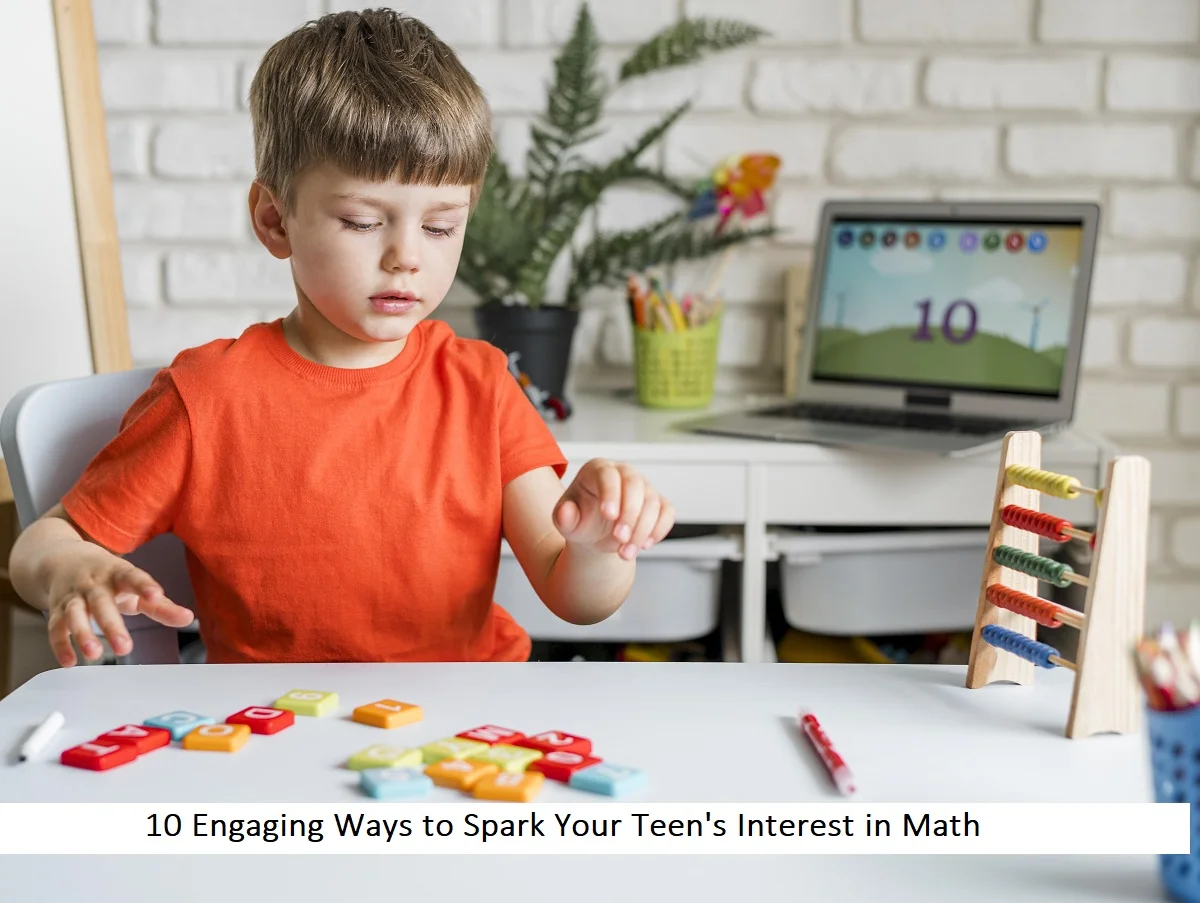You’ve probably seen it a thousand times — your teenager glued to their phone, scrolling endlessly while a perfectly good book sits untouched on the shelf. It’s easy to feel frustrated, wondering how to help your teen develop a love for reading in a world filled with digital distractions. You remember when they used to get lost in stories, and now it feels like you’re competing with screens that never switch off.
Take a breath. You’re not alone. Many parents want their teens to rediscover the joy of reading — the empathy it builds, the creativity it sparks, and the calm focus it provides. The key isn’t to nag or force them; it’s to reintroduce reading in a way that feels natural, fun, and meaningful.
Why Teens Struggle to Read for Fun
Today’s teens live in a completely different world from the one we grew up in. Notifications, videos, and games deliver instant dopamine hits. A book, on the other hand, asks for patience and imagination. For a brain wired for constant stimulation, starting a novel can feel like lighting a campfire with a wet match.
Add schoolwork, exams, and social pressure, and it’s no wonder they often feel too drained to pick up a book.
Step 1: Drop the Book Snobbery
The goal isn’t to make them love the same books you do — it’s to help them love stories. If your teen enjoys manga, fantasy, graphic novels, or celebrity memoirs — that’s still reading. Any story that captures their interest is a step in the right direction.
Step 2: Be a Book Matchmaker
Find books that connect to what they already love. If they enjoy sci-fi shows, find novels with the same vibe. If they like mystery podcasts or true-crime videos, look for thrillers. Say things like, “You’d love this one — it’s just like that show you watch!” You’re not forcing; you’re relating.
Step 3: Make Books Easy to Access
Place books where they can see them — on the coffee table, beside their bed, even near the gaming console. Create small “book traps” around your home to spark curiosity. A spontaneous bookshop visit (with a treat after) also makes reading feel like a reward, not homework.
Step 4: Let Them See You Read
Teens mirror what they see. If you’re always on your phone, they’ll think that’s normal. Instead, let them catch you laughing, crying, or gasping at a good story. Start a quiet reading hour on weekends — no screens, just calm. It’ll normalize reading as a shared family ritual.
Also Read : Why Is It Crucial to Teach Social Skills to Teenagers?
Step 5: Embrace Audiobooks
Audiobooks absolutely count. They’re perfect for teens who struggle to sit still — they can “read” while walking, commuting, or even gaming. Try listening together on a long drive; it turns road trips into shared adventures.
Step 6: Be Patient and Keep It Pressure-Free
Not every book will click — that’s fine. Give them permission to stop reading something they don’t enjoy. The “Did Not Finish” rule removes pressure. When they do finish one, just ask naturally, “Did you like it?” instead of testing them. Reading should never feel like homework.
How to Help Your Teen Develop a Love for Reading — Final Thoughts
Helping your teen rediscover reading takes time, patience, and understanding. The best way to help your teen develop a love for reading is to make it feel like a choice, not a chore. With gentle encouragement, relatable books, and your own example, you’ll plant the seeds for a lifelong passion for stories that can grow far beyond the screen.
Also Read : The Role of Play in Early Childhood Development
FAQ: Helping Teens Build Reading Habits
Teens today face constant digital stimulation and academic pressure, which makes slow, focused reading feel difficult. Competing with instant entertainment requires making books more accessible and relevant to their interests.
Let them choose what they read, even if it’s comics or online stories. Pair reading with comfort — a cozy spot, snacks, or quiet family time — to turn it into a positive experience.
Absolutely! Audiobooks improve comprehension, vocabulary, and focus just like traditional reading. They’re a great way to help busy or restless teens enjoy stories.
Model reading behavior, talk about your favorite books, and casually recommend titles based on their hobbies. Avoid forcing it; focus on connection, not control.
Start with fast-paced genres — thrillers, fantasy, or mystery. Graphic novels, biographies of people they admire, or stories tied to their favorite movies or games often work best.




